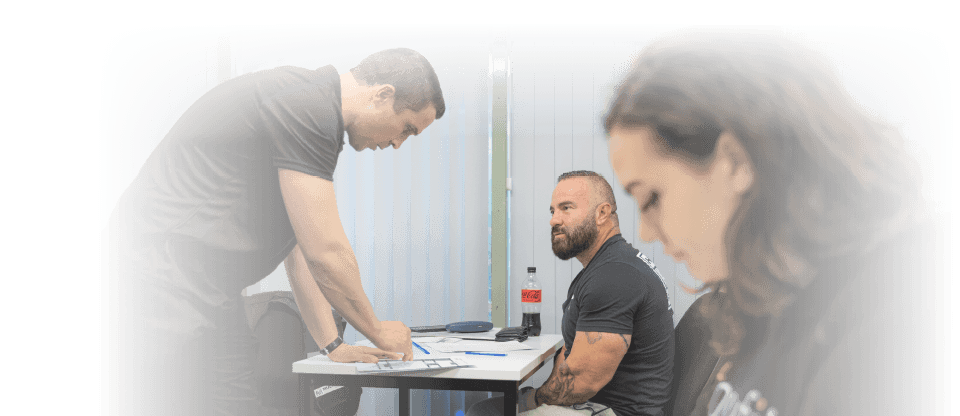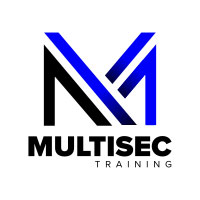NSW Security Guard Licence
CPP20218: Certificate II in Security Operations
FAQ's Security Licence Course
Discover our FAQs for more information on upskilling your career to become a security guard and the relevant training involved.
Looking to upskill your career to become a security guard, check out our FAQ’s answers to common questions on security guard training.
Security Course Costing, Career
Security Course Duration
Course Requirements
Security Guards FAQ's
Your new career
starts now
Call our friendly team on 1300 756 533, email info@multisectraining.edu.au or submit an enquiry.

One of the best security guard courses in Sydney
We’re proud to have accumulated a five-star rating on Google from hundreds of ratings and reviews. So you know you’re in safe hands. Here’s a sample, check out more reviews in Google.
EXCELLENTTrustindex verifies that the original source of the review is Google. Multisec Training provides an exceptional experience in the realm of security education. Their courses are not only comprehensive but also well-structured, ensuring that participants gain a thorough understanding of security protocols and practices. The instructors demonstrate a high level of expertise and engage students effectively. The training materials are up-to-date, reflecting the latest industry standards. Multisec Training's commitment to excellence shines through, making it a reliable choice for individuals seeking a top-notch security education.Trustindex verifies that the original source of the review is Google. Very well taught, highly recommend, Gregory was an amazing teacher, great staff but mainly Gregory !Trustindex verifies that the original source of the review is Google. Really good training great people you will love it greg is amazingTrustindex verifies that the original source of the review is Google. Amazing training services, friendly staff, super easy to understand highly to recommendTrustindex verifies that the original source of the review is Google. Excellent instruction. Clear and concise communication throughout, Thank youTrustindex verifies that the original source of the review is Google. Thank you very much for the experience. I really appreciated that you took your time with me. I would recommend this class to anyone doing a security course. ITrustindex verifies that the original source of the review is Google. I love the way Jamal conducted the classes. He shared a lot of real life experience and lessons and tips to handle different situations. He shares method to maintain calmness during and after work. Excellent supports from the staffs. Big thank you to everyone in Multisec training.Trustindex verifies that the original source of the review is Google. Jamal excels as a teacher, and the staff is highly supportive.Trustindex verifies that the original source of the review is Google. The best trainer ever had, has given all depth information in regards to course with scenarios and ensure how professional security officer needs to be in real life
